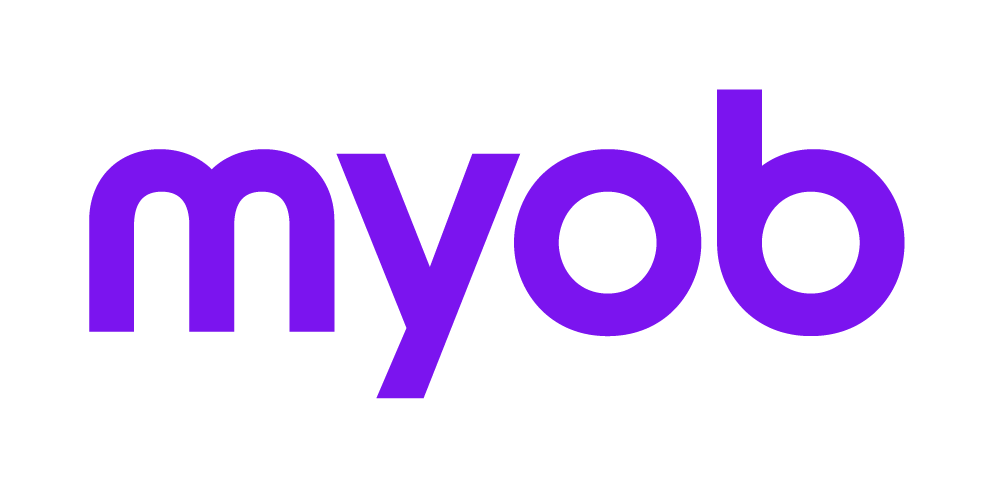Releasing open files
This support note applies to:
- OnTheGo (NZ)
- OnTheGo (AU)
- AO Document Manager (AU)
- Essentials Cashbook (NZ)
- Essentials Cashbook (AU)
- AO Classic Document Manager (AU)
- AO Classic Document Manager (NZ)
- AO Document Manager (NZ)
- AO Tax (NZ)
- AE Statutory Reporter (NZ)
- Workpapers (NZ)
- AO Practice Manager (NZ)
- AO Practice Manager (AU)
- AO Workpapers (AU)
- AO Statutory Reporter (AU)
- AO Tax (AU)
- AE Workpapers (AU)
- AE Statutory Reporter (AU)
- AE Document Manager (NZ)
- AE Practice Manager (NZ)
- AE Practice Manager (AU)
- Timecost (AU)
- AE System Release (NZ)
- AE System Release (AU)
- AE Reporter (NZ)
- AE Reporter (AU)
- ProfitOptimiser (AU)
- Profiles (AU)
- PMA (NZ)
- PMA (AU)
- PDF Manager (AU)
- AE Document Manager (AU)
- AE MAS (NZ)
- AE MAS (AU)
- AE Investments (AU)
- FBT (AU)
- AE Tax (NZ)
- AE Central Database (NZ)
- AE Assets (AU)
- AO Classic Practice Management (AU)
- AO Classic General Ledger (AU)
- AO Corporate Compliance (AU)
- AE Assets (NZ)
- AE Tax Series 6 & 8 (AU)
- AE Tax (AU)
- AE Corporate Compliance (AU)
- AE Accounts (AU)
- PDF Manager (NZ)
- ProfitOptimiser (NZ)
- AO Classic (NZ)
In MYOB, when performing certain processes, such as installations, these require all files or specific files to be closed. When the process identifies open files you may experience a message advising that files are in use or that the system cannot complete a process while a file is open. The error may also advise which file name remains open.
MYOB advises to reboot the server, or the computer in the case of a standalone, prior to performing any installation to ensure a clean environment where all files are closed.
If the error still persists perform the following instructions to ensure there are no files left open on the server.
